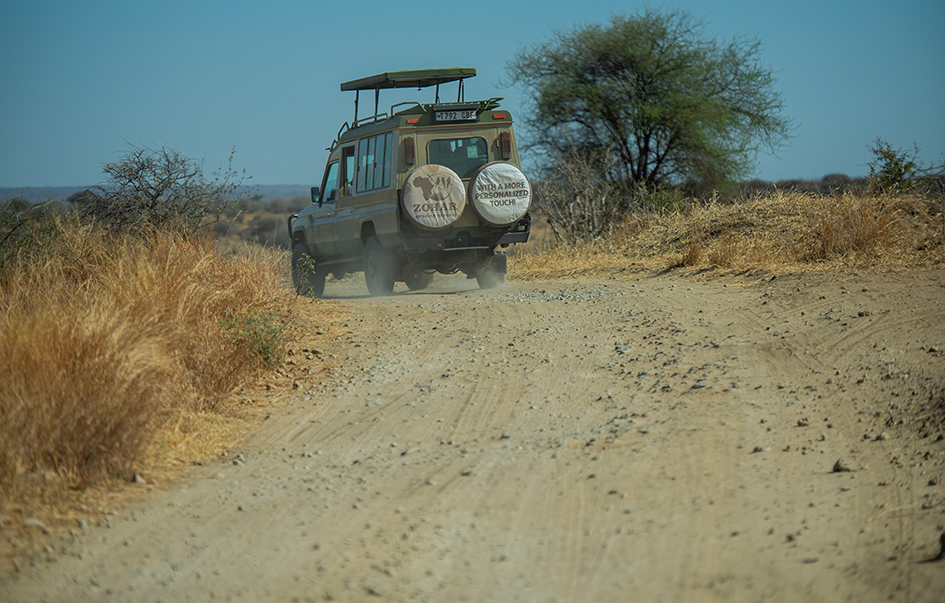Lake Bunyonyi
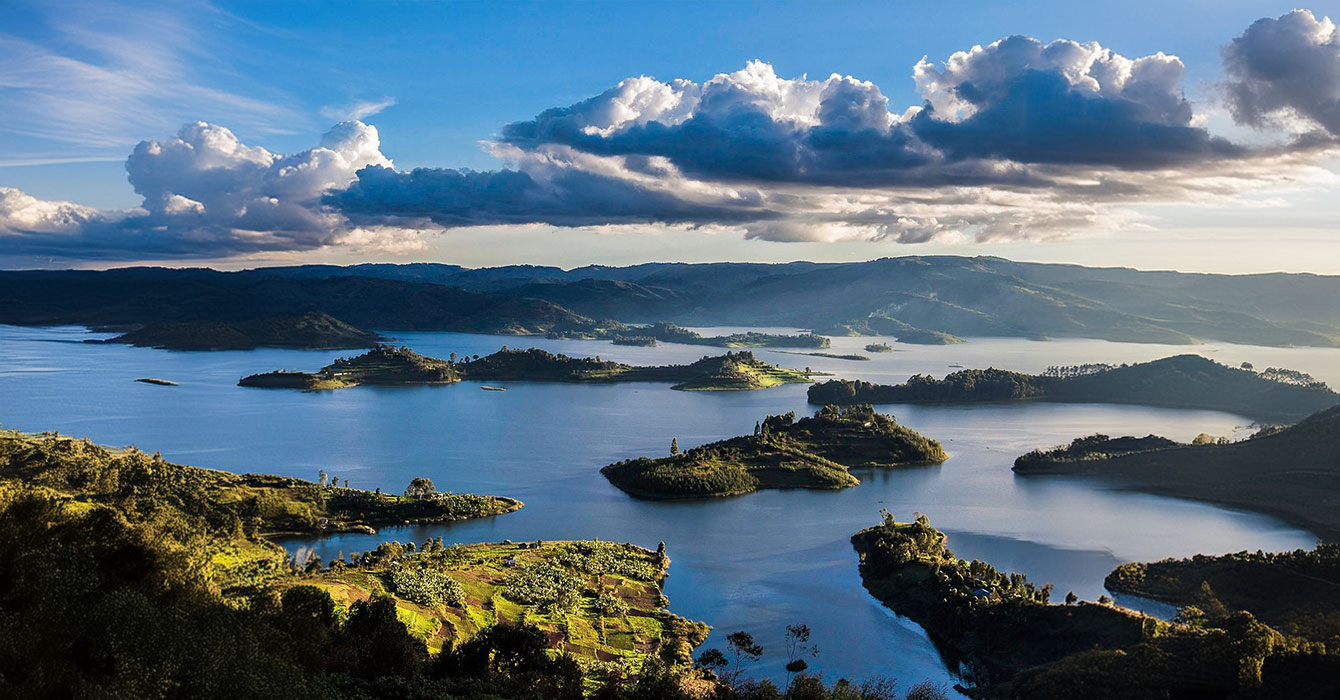
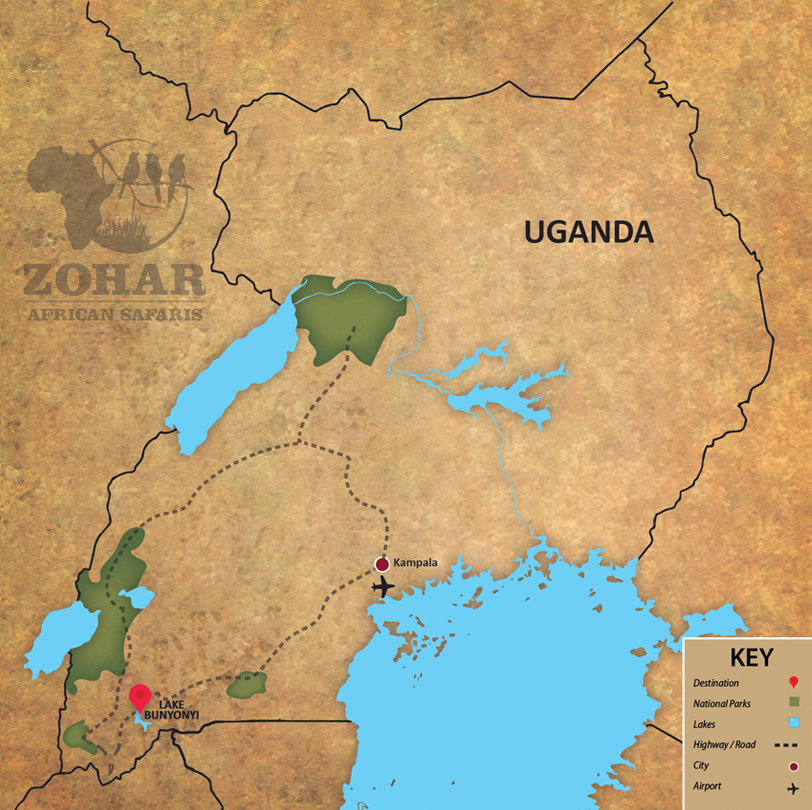
Tucked into the rolling Kigezi Highlands of southwestern Uganda, near the border with Rwanda, Lake Bunyonyi is one of the country’s most enchanting natural gems.
Located between Kabale and Kisoro districts, the lake reaches a remarkable depth of 2,953 feet (900m), making it the second-deepest lake in Africa and one of the most scenic.
Dotted across its tranquil waters are 29 uniquely shaped islands, each offering its own charm and character. From canoeing and peaceful boat rides to swimming, hiking, and cultural encounters, Lake Bunyonyi presents a perfect balance of relaxation and adventure. The surrounding hills are ideal for walks and offer sweeping views, while visits to local Batwa (pygmy) communities provide an authentic window into the cultural fabric of the region.
Lake Bunyonyi also serves as a strategic stopover for travelers heading to Kibale National Park or those planning a gorilla trekking safari in Bwindi Impenetrable Forest. For a full experience, plan to stay two nights at the lake, but if you’re simply passing through en route to another destination, one night offers a perfect, peaceful break in the journey.
Whether you’re here to unwind or explore, Lake Bunyonyi’s calm waters and highland charm make it an unforgettable part of any Ugandan adventure.
Features & Wildlife Species
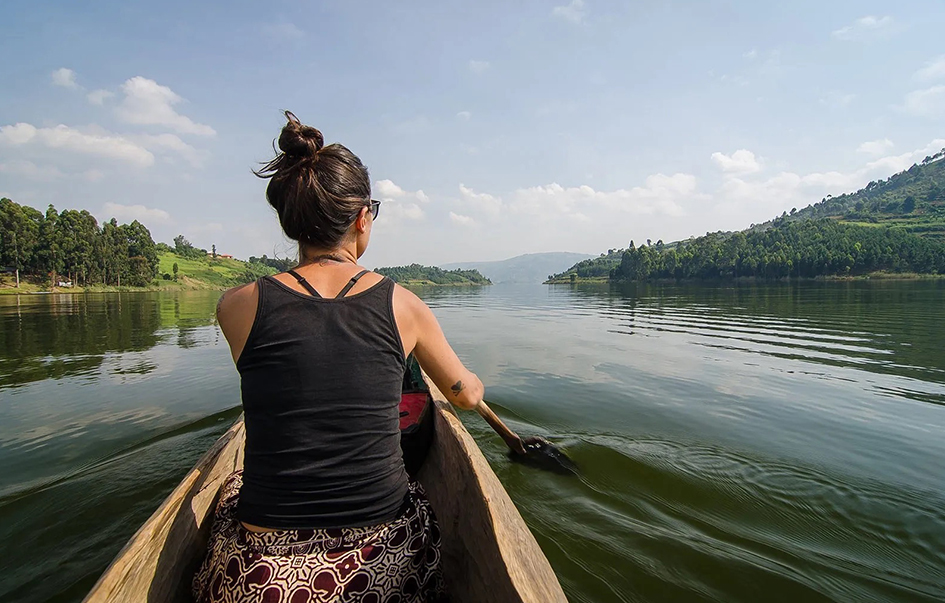
AREA ACTIVITIES
Different activities are conducted in Lake Bunyonyi such as:
- Bird watching.
- Hiking and nature walk.
- Boat riding and canoeing.
- Mountain biking.
- Swimming.
- Cultural experience with pygmies.
WHEN TO VISIT
Lake Bunyonyi can be visited all year round and all activities can be done at any time of the year. However, the dry season (June – October, December to February) is the best time for canoeing, boat ride and village walk.
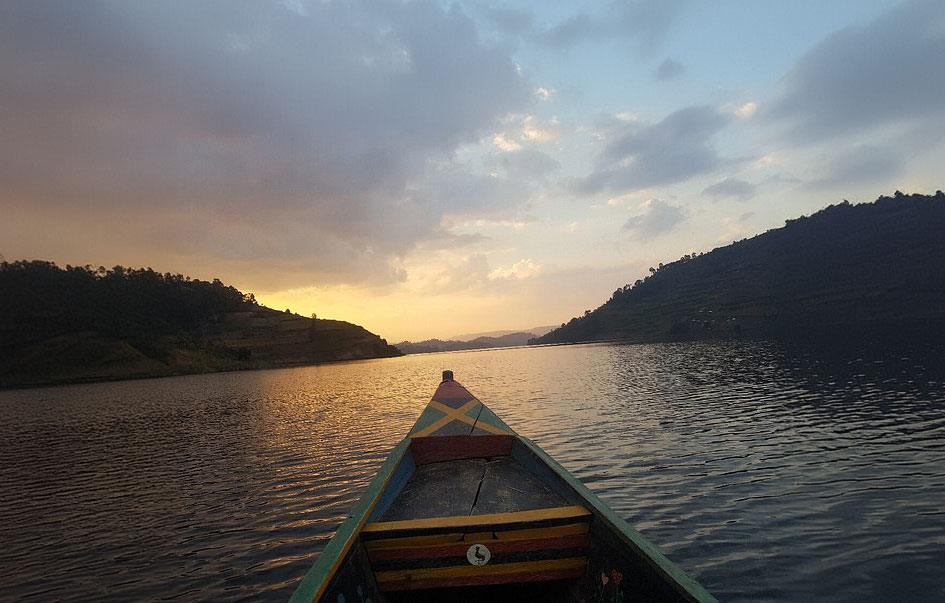
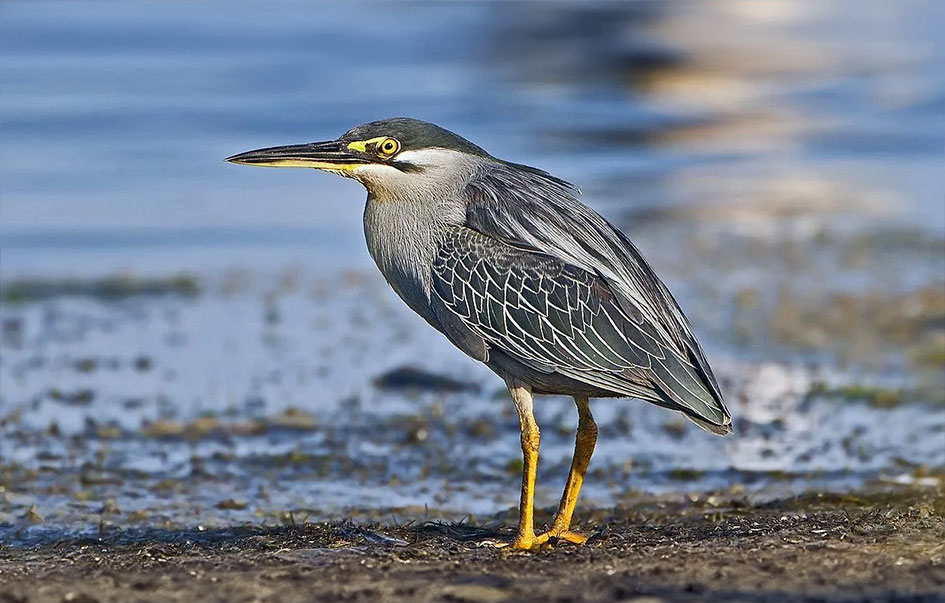
WHAT TO SEE
- Green-terraced hills.
- 29 island of various shapes and size.
- Akampene island (punishment island) where unmarried pregnant girls where abandoned.
- Community local market.
- Different cultures.
HOW TO GET THERE
- Driving: Lake Bunyonyi is accessible within a 2 to 3-hour drive from Bwindi Impenetrable Forest or a 7-8 hour drive from Kampala.
